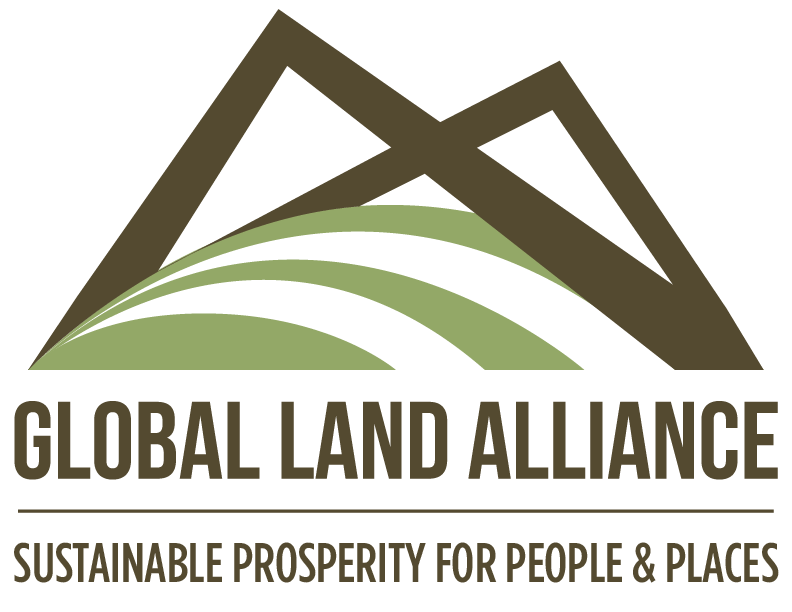Highlights from the Prindex Webinar
Miss the Prindex Webinar? Here are some highlights:
“The question of who legally owns land still remain vague, ambiguous and complex rooted in the history and foundation of Liberia […] it defines problems around citizenship and inclusion we see today”
“Prindex data improves knowledge of the perceptions of the population, which allows having specific data for the development of academic research, local advocacy processes, even territorial planning and management processes.”
“In our experience, some communities sell their land based on the perception they their land may no longer be secure. . . actors produce their own rules in the shadow of the official legal system”
“The report show that while men [in Liberia] faced problems, these were exacerbated for women, who are primarily responsible for feeding their families, but have fewer tenure rights than men under customary systems. They were the least secure”
“Honduras has made progress, but not enough to ensure that the right to access land is fulfilled in all cases, or that Indigenous and Afro-descendant peoples in addition to women are not seeing the exercise of their rights to land diminished.”
“Insecure property rights prevent families from feeling confident about the future, keep businesses from investing, and limits the ability of communities to become more productive. However, there is a growing recognition of the need to change. We want this to be the first step in a collaboration, in which we work together with those working directly in and on the countries in which we collect data.”

